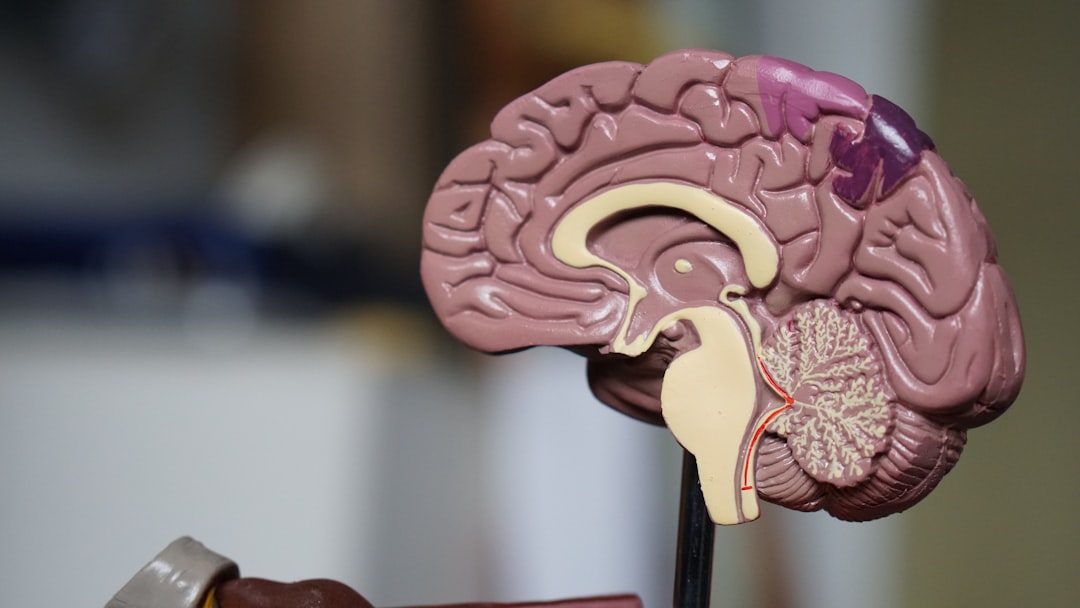What is it about?
Adolescents in country and regional towns typically do worse at school, relative to their urban peers. These differences can be due to the social and economic circumstances of regional areas, where Universities are less accessible and the majority of people go straight into work after high school. In our study, we explored whether social environments that increased aspirations for higher education decreased the gap in educational performance. We found young people who participated in a range of out-of-school activities had higher aspirations at the start of high school, contirbuting to better grades overall at graduation.
Featured Image

Photo by Clayton Cardinalli on Unsplash
Why is it important?
Education is a pathway for success for young people. Doing well at school provides career and social opportunities with far reaching economic and psychological benefits. Reducing the gap in educational attainment between regional and metropolitan teens can hopefully level the playing field, and promote better outcomes among those in more remote towns.
Perspectives
Aspiring to higher education is not the penultimate factor leading to a better life. But it is important to acknowledge that education is one pathway to success that all young people should have access to. Young people in regional areas experience more barriers to this goal and can therefore give up on it. Our work suggests that extracurricular activities - a non-interventional approach that is fun and enjoyable - can help young people see a pathway towards future education. There is therefore a need to ensure all young people have access to these opportunities.
Alexander O'Donnell
University of Tasmania
Read the Original
This page is a summary of: Reducing educational disparities between Australian adolescents in regional and metropolitan communities: The compensatory effects of extracurricular activities., Developmental Psychology, September 2022, American Psychological Association (APA),
DOI: 10.1037/dev0001434.
You can read the full text:
Contributors
The following have contributed to this page










